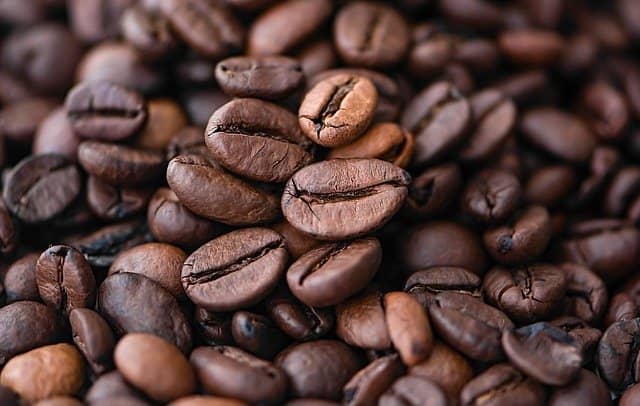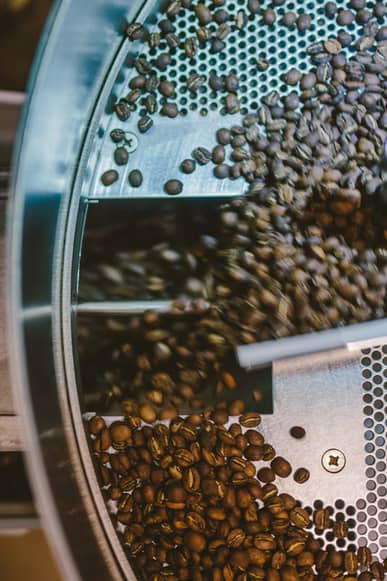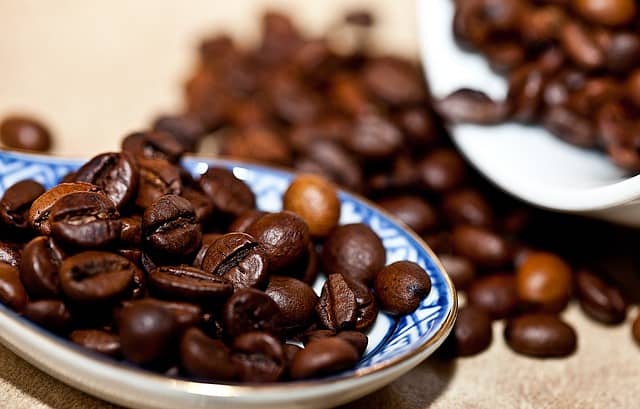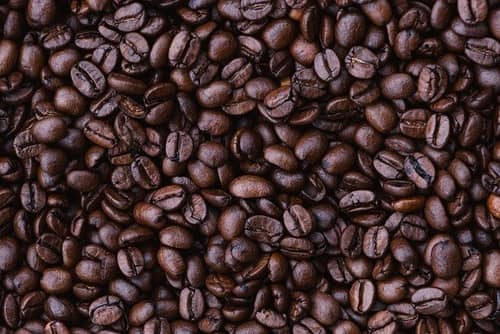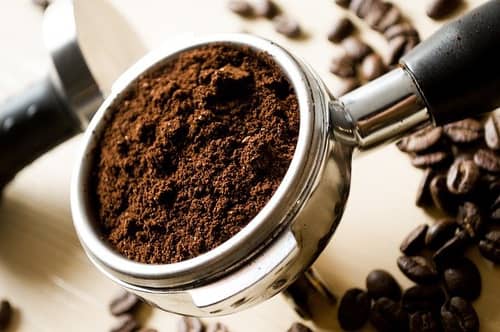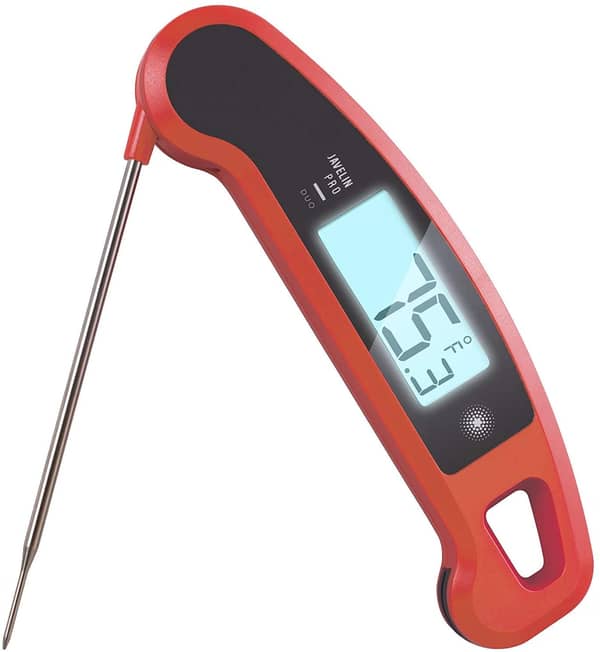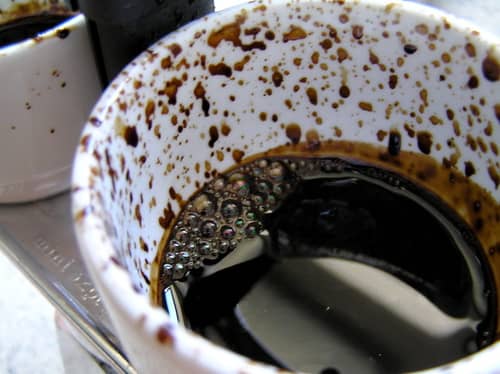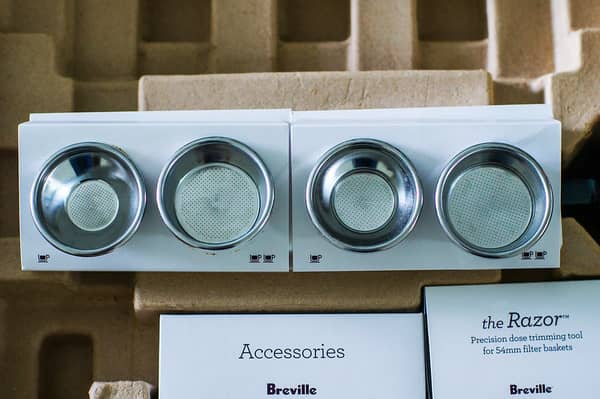Many people can’t seem to get themselves to drink coffee, mostly because it’s too bitter for their taste buds.
Heck, even coffee lovers sometimes cannot consume their favorite brew because the resulting cup is more intense than they’d enjoy.
So what exactly creates the “bitter coffee” reputation? It’s probably inherently so, sure. But does your brewing process have any part in amplifying it?
In this article, we’ll uncover what makes coffee bitter so you can stop clicking on the next Google search results for your “Why does my coffee taste bitter?” query.
And stay tuned until the end to discover 5 things you can add to improve that bitter coffee.
Why Is My Coffee Bitter?
Here are 15 possible culprits behind why exactly your coffee tastes the way it does.
1. Acids In Coffee Beans
One of the main reasons why coffee typically tastes bitter is due to the inherent presence of certain acids.
Some of these acids are found in the coffee bean itself while others are created during the roasting process.
The most common bittering acid is chlorogenic acid. Other acids that can make coffee taste bitter include quinic, citric, malic, and acetic acid.
The truth is, all coffee beans have these acids. But it’s only considered to be a problem when there’s an over-extraction of these bitter compounds during the brewing process, which intensifies the bitter flavors to an undesirable level.
2. Stale Coffee Beans
Like most if not all organic foods in the world, coffee beans have a shelf life and they’ll lose their freshness and flavorful compounds over time.
During the roasting process, as chemical compounds are broken down, carbon dioxides are born and become trapped inside the beans.
They’re released over time the more the beans are cracked open, due to the (later part of the) roasting, grinding, and brewing process.
This is commonly referred to as the degassing process. And, the more CO2 is released, the less fresh the coffee becomes.
And when you’re using stale beans, much of the delicious flavor is already lost, and you’re likely left with just bitter coffee with a lackluster body, taste, aroma, and overall quality.
What’s more, grinding the beans into smaller pieces significantly quickens the degassing process. This causes the beans to become staler much faster if not brewed immediately.
I know how convenient pre-ground coffee grounds are, especially for busy coffee drinkers. But, they may not be considered to be “fresh” around 20 minutes after grinding.
That’s why coffee experts everywhere advise home baristas to buy fresh whole bean coffee and grind the beans themselves right before brewing to ensure the freshest brew with no unwanted bitter flavors.
When it comes to whole bean coffee, the best window of time to enjoy non-bitter-tasting coffee is between day 4 and the 2-week mark after the roast date.
3. Poorly Roasted Coffee Beans
The roasting process is one of the most important steps in coffee production, as it significantly affects the taste, aroma, and overall quality of the coffee.
- Under-roasted beans often have a sour taste and lack flavor.
- Over-roasted beans can produce a very intense and harsh brew, which explains why your coffee tastes bitter.
Ideally, you want to find a balance between the two.
The perfect roast will result in coffee beans that are evenly brown with no visible imperfections, and they should make a light “cracking” sound when crushed.
If you’re buying roasted coffee from the store, don’t worry too much. It’s just bad luck that you happen to grab the bad batch.
Inconsistency happens often to coffee roasteries since they’re human who make human errors as well, though, as consumers, we would prefer not to be the one who has to deal with the consequence.
If you’ve heard a lot of good things about that roast type, give them another try next time. Otherwise, just opt for a different product or a different brand.
Some coffee enthusiasts try to roast their own coffee at home as well, which may not return as good and consistent of a result as store-bought roasted beans due to the lack of professional equipment.
You can try investing in better coffee gear to try to pull through or just opt for a different recipe entirely.
4. Coffee Bean Variety
Any coffee lover should already know that Arabica coffee is the more premium, the better option than Robusta beans. Why?
Arabica boasts a milder and sweet taste with more complex flavors and aromas, while Robusta is often described to have a harsher and grainier taste, which contributes to the bitter coffee reputation.
So if you want to avoid that bitter flavor as much as possible, opt for specialty coffee using Arabica beans when making a cup of coffee.
How else is Arabica vs Robusta coffee different? Click to read more!
5. Low-Quality Coffee
Other than the variety, the quality of the beans themselves can be part of the problem as well.
Simply speaking, you get what you pay for. So if you buy cheap coffee, you’ll likely get the cheap quality that tastes bitter.
6. Roasting Profile
The darker the roast, the more bitter your coffee will be.
This is the longer the roasting process is, the more of the original complex coffee compounds, including sugar, are broken down.
The Maillard reaction also takes place during this process, which further adds to the coffee’s bitterness.
As a result, dark roasts tend to have a more robust and intense flavor that some might even describe as burnt and charred.
Dark roast is also a technique some roasters use to hide the fact that the beans are low quality since there isn’t much left to judge.
Read more about light roast vs dark roast!
7. Coffee Grind Size
The grind size of the beans can affect the coffee extraction, possibly resulting in a bitter brew.
- If you use grounds that are too coarse, you’ll likely end up with under-extracted coffee that tastes sour and weak, so go finer.
- On the other hand, using grounds that are too fine can over-extract the coffee, leading to a brew that’s overly strong and bitter, so use a coarser grind (except Turkish coffee which needs grounds as fine as powdered sugar!).
To get the perfect grind size, it’s best to invest in a good quality coffee grinder and learn the basics of the brewing method so you can experiment with different settings until you find the sweet spot.
Check out this Coffee Grind Chart to get that size right every time!
8. Water Temperature
This is especially crucial when it comes to manual brewing methods like Pour-Overs and French Press.
Water temperature should ideally be maintained within the range of 195 – 205 degrees Fahrenheit (91 – 96 degrees Celsius).
- If the water temperature is lower than 195 degrees Fahrenheit (91 degrees Celsius), your cup of coffee will be under-extracted and taste sour.
- If the water temperature is over 205 degrees Fahrenheit (96 degrees Celsius), you’ll destroy all of the subtle flavors of the beans and the coffee tastes bitter.
So, DO NOT use boiling water to brew coffee. And invest in a water thermometer to get the temperature right.
Otherwise, you can bring the water to a boil and let it cool down to the near-boiling point for around 30 seconds before using it for coffee brewing.
And, just because you’re using an electric coffee machine doesn’t mean you can stay certain about the brewing temperature all the time. More will be explained when we talk about the brewing equipment.
9. Poor-Quality Water
When brewing coffee, the most important ingredients are coffee and water. And, just like the beans, the water quality can affect the final cup as well.
Make sure to use bottled spring water or filtered water with no unusual flavors or debris to make a good cup of Joe that doesn’t taste off.
You can add a water filter to the water reservoir or set up an under-the-counter water filtration system to do the job.
Doing this will also benefit your coffee maker as it helps reduce the need for descaling and make it last longer.
10. Old Or Dirty Equipment
Previously, I mentioned how even an electric coffee maker with a proper temperature sensor in place may get it wrong as well.
This risk is heightened when the machine isn’t cleaned and descaled often enough, which causes the parts to malfunction or even become damaged.
So make sure to keep your coffee maker in tip-top shape to avoid getting undesirably bitter coffee, either from the old coffee oils getting in or the machine malfunctioning.
The same can happen if you use a machine that’s too old to function properly. If you can’t fix it, it’s time to let it go.
And, this is no accusation, but are you one of those people who keep adding new coffee to their unwashed coffee cup?
If so, your dirty cup might be the culprit as well.
11. Proper & Quality Equipment
Maybe you’re not using the right coffee gear for the job.
For example, many beginners rely on pressurized/dual-wall filter baskets to make espresso coffee. They can apply more pressure on the water flow to compensate for the inconsistency and poorer quality of the coffee grounds.
But, if the coffee grounds are already freshly prepared with a great burr grinder in the right grind size, they’ll be too fine for the pressurized filter basket.
Water will have a hard time making it through and you end up with a bitter cup of over-extracted coffee.
So, once you’ve leveled up, make sure to switch to more proper gear. In this case, make the move to non-pressurized/single-wall filter baskets. They offer more control over the brew and are highly preferred by coffee aficionados.
12. Brewing Time
Another important coffee-making factor that you need to take into account is the brew time.
Many are forgetful and sometimes let the grounds steep for too long. This is especially when it comes to French Press coffee. The brewed Joe needs to be poured into a separate decanter to cease the extraction process.
- If the coffee steeps in hot water for too long, water is in contact with the grounds for too long and the result is over-extracted coffee.
- If the coffee steeps in hot water for too short, water has run through too fast and the result is under-extraction.
You just have to find that balanced sweet spot in brewing time.
13. Coffee-To-Water Ratio
Though this depends entirely on each brew method, generally, the Golden Ratio to extract delicious flavors from the beans properly is 1 – 2 tablespoons (5 – 10 g) of grounds for every 6 oz (177 ml) of water.
That’s around 1:17.
- If you’re adding too many grinds, you’ll end up with over-extraction that’s too intense.
- If you’re not adding enough, you’ll have to put up with under extraction that’s less palatable, so add more coffee.
14. Brewing Method
The type of brewing method can also affect bitterness.
For example, espresso typically tastes more bitter than drip coffee because it involves a higher water pressure to produce just a little concentrated amount of Joe.
If you find espresso too bitter-tasting, you can opt for Cold Brew coffee instead, which is just as strong but much smoother and sweeter in comparison.
15. Brew Amount
Similar to the grounds, brewed coffee has a shelf life as well, and it won’t remain crisply fresh for long after brewing, within the first 20 minutes only.
So, although making coffee in bulk helps save time and energy, if you want to enjoy perfect coffee all the time, I suggest cutting down on the amount.
If you’ve made all proper changes yet you still end up with a bitter taste that’s too much for your personal preference, consider adding something to make the brew more enjoyable.
What To Add To Coffee To Make It Less Bitter
Here are 5 additional ways to fix bitter coffee:
1. Sugar
Sugar is a great way to cut the bitterness in coffee.
It’s a personal preference, but many people find that just one sugar packet is enough to take the edge off.
2. Fat
Milk and cream are two other popular additions that can help mellow out the flavors of coffee and make it more enjoyable.
3. Flavored Syrups
Want a cup of Joe similar to the colorful and tasty drinks at your local Starbucks? Add flavored syrups!
4. Spices
Cinnamon, nutmeg, and even cocoa powder are all excellent spices to add to bitter coffee. Spice it up with just a pinch or two can do wonders in making your cup of coffee more enjoyable.
5. Salt
Surprisingly, salt is another common ingredient used to cut the bitterness of coffee. Start with just a tiny pinch and add more until you get a good flavor.
6. Citrus
Acid can actually counteract the bitterness better than you might think, as long as you don’t mind the additional acidity in your brew.
Just a squeeze of lemon or some small slices of lemon or orange rind should be enough
To Wrap Up
By making small adjustments to your routine, you can make a huge difference in the taste of your final cup.
And, if all else fails, there are always flavorings and additions you can turn to in order to cut the bitterness and make your coffee more enjoyable!


